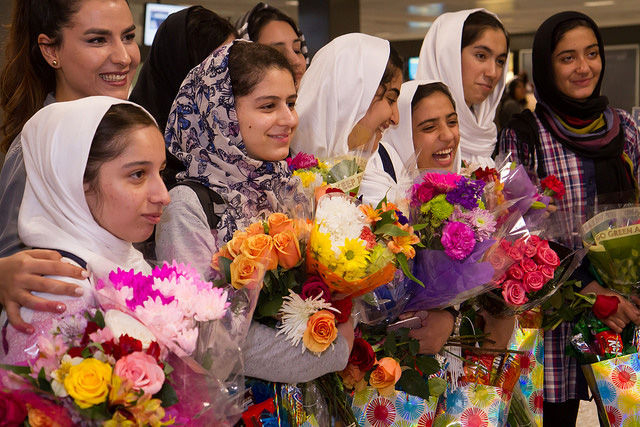Christmas shopping? Looking for ideas? Consider giving books. There are dozens of reasons why books make the best gifts. For example, books are . . .
- Easy to wrap
- Can be personalized
- Don’t need batteries
- Won’t go out of style
- One size fits all
- Won’t shrink
- Inexpensive
- Easy to mail
- Re-giftable
- Last a life-time
Few gifts can match the variety that books offer. Fiction and nonfiction are the first two broad categories. From there, the possibilities are endless. For the practical, do-it yourself person on your list, there home maintenance guides for plumbing and electricity; there are small engine repair books, volumes on landscape and gardening, books on travel, or how to win at blackjack in Las Vegas. Some books are whimsical; think about those science fiction stories, or dystopian novels. There is a sports story for almost every athlete that ever played, in every sport known to man. You can even find one about umpires. (Planet of the Umps: A Baseball Life from Behind the Plate, by Ken Kaiser and David Fisher). For the hands-on, nuts and bolts person in you life, look to nonfiction for the books to make the best gifts.
Someone on your list into art or photography? Easy! Hard bound books in this genre are are gorgeous, and when the visual element portrays a person or time in history, the results are stunning, as in the book Obama: An Intimate Portrait: The Historic Presidency in Photographs, by Pete Souza).
There is no age limit to giving—recipients can be six months old for one of those flexible, crinkly-page ABC books to handle, rustle, and chew on. The classics for children such as Goodnight Moon, by Margaret Wise Brown never get old, and Dr. Seuss continues to entertain the next generation. A newer addition, and one of my favorites, is Room on the Broom, by Julia Donaldson and Axel Schreffler. What a clever protagonist, the witch with ginger hair—she practices a bit of magic and deftly spins a lesson about diversity and inclusion.
Ideas for the best book gifts are everywhere: Goodreads, Barnes and Noble, and Amazon, to name a few. Or, just google, “Ideas for book gifts.”
If you are looking for a book to spark a lively book club discussion, consider the novel The Round House, by Louise Erdrich. Winner of the National Book Award for fiction, the story takes place on a North Dakota Anishinaabe Reservation, and is told through the voice of 13 year old Joe. It is a coming of age story, and a search for justice within tribal sovereignty. A great book for book club members, with discussion questions online.
My favorite genre, however, is narrative nonfiction—a true story that reads like a novel. And one of my favorite books in this genre is Boys in the Boat, by Daniel James Brown. By the time I reached the last few pages, I was so moved, I had tears streaming down my face. My husband happened to walk by, did a double take, and gave me a look of concern. “I know,” I answered, shrugging my shoulders. “It’s about a boat!”
Actually, it’s about much more than just a boat. It’s a true story about a rowing team, the Great Depression, an abandoned boy learning how to become part of a team, and the 1936 Berlin Olympics.
It was this genre—narrative nonfiction—that I tried to emulate as I wrote Little Women of Baghlan: The Story of a Nursing School for Girls in Afghanistan, the Peace Corps, and Life Before the Taliban. For two more timely examples of a narrative nonfiction book, check out All the President’s Men, by Carl Bernstein and Bob Woodward, and Red Notice, by Bill Browder.
There is a book out there for everyone. So think about books for your Christmas list–ask for them! Give them!
Consider Iceland, where residents have a beautiful tradition of giving books to each other on Christmas Eve and then spending the night reading. This custom is so deeply ingrained in the culture that it is the reason for the Jolabokaflod, or “Christmas Book Flood.” This ‘flood’ occurs between September and December, when the majority of books in Iceland are sold in preparation for Christmas giving.





